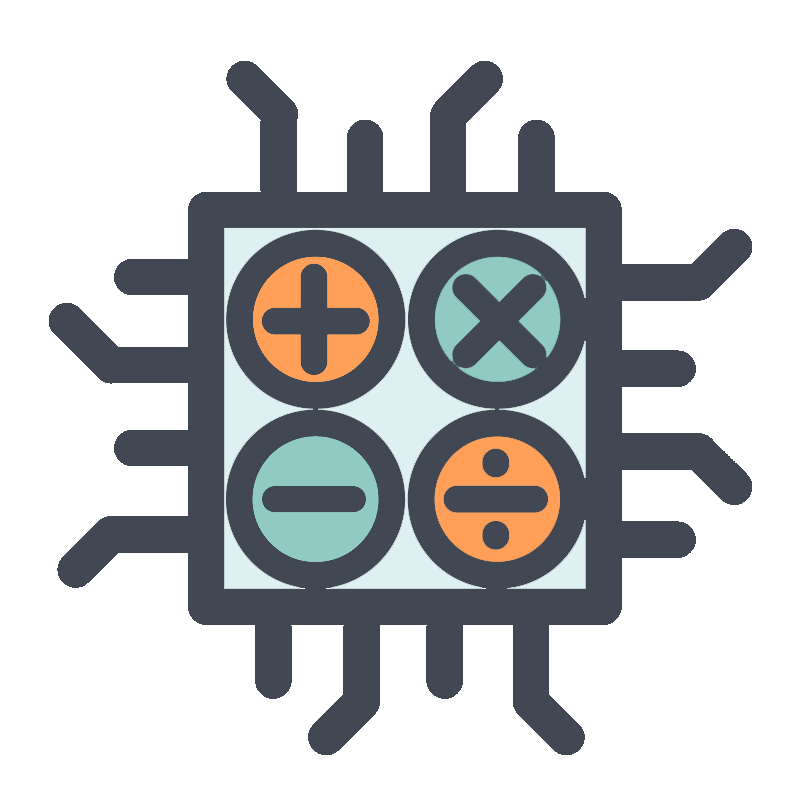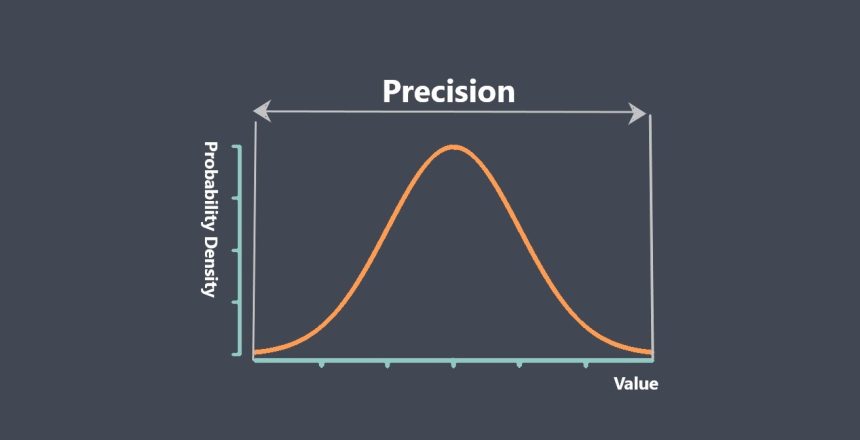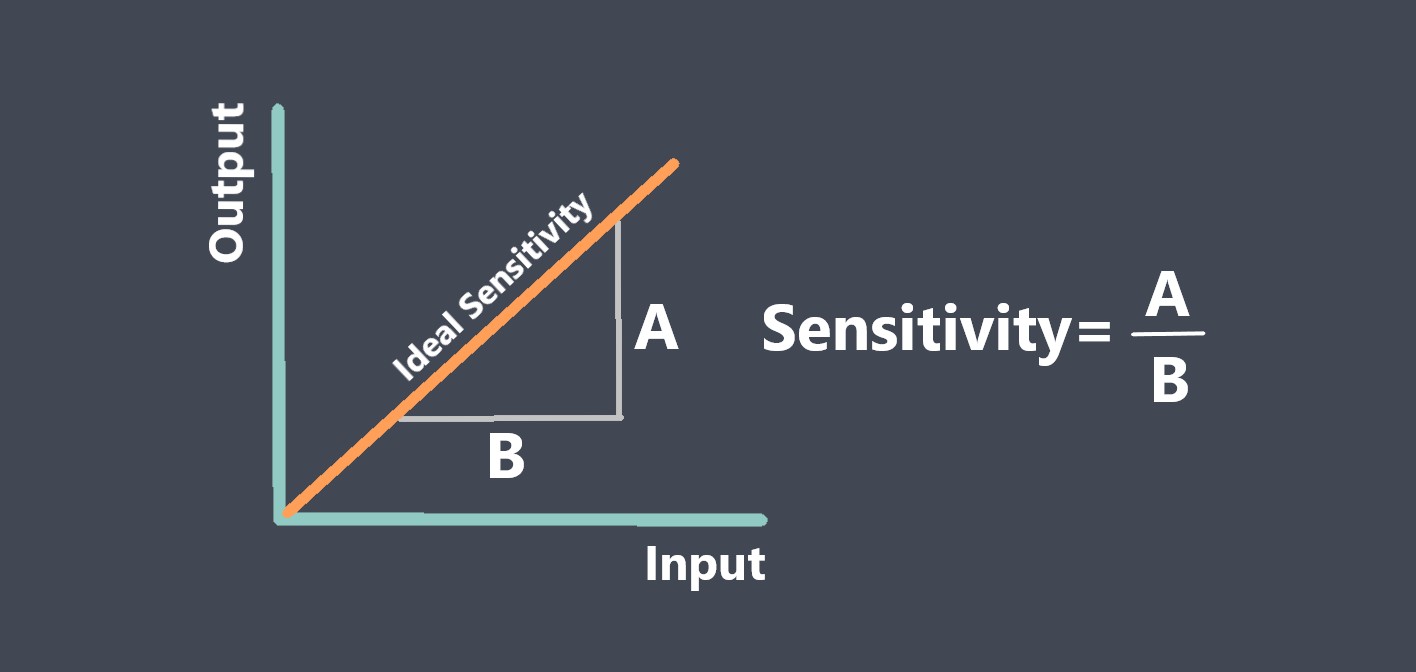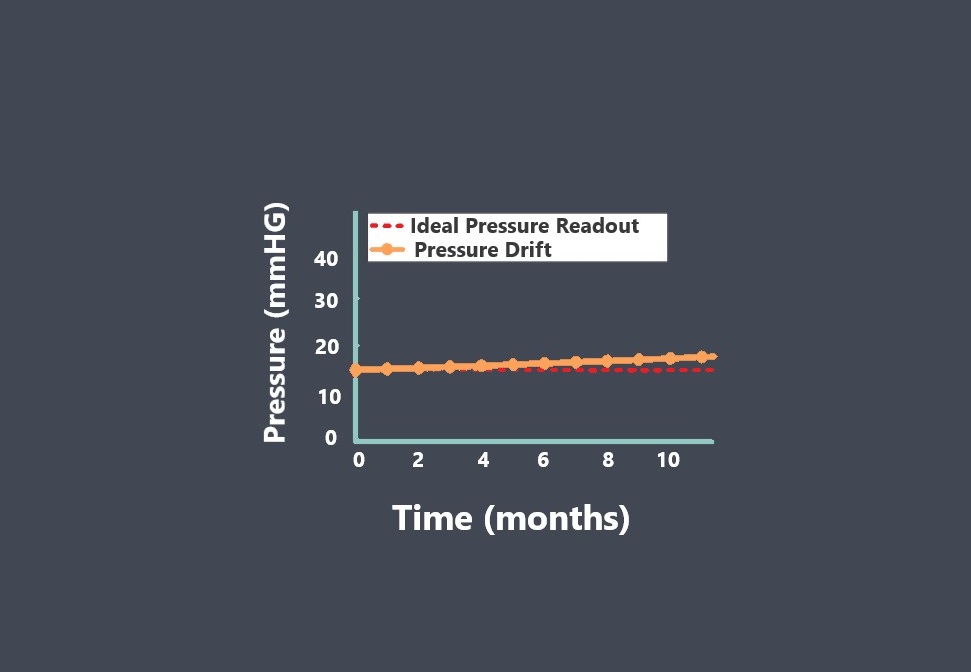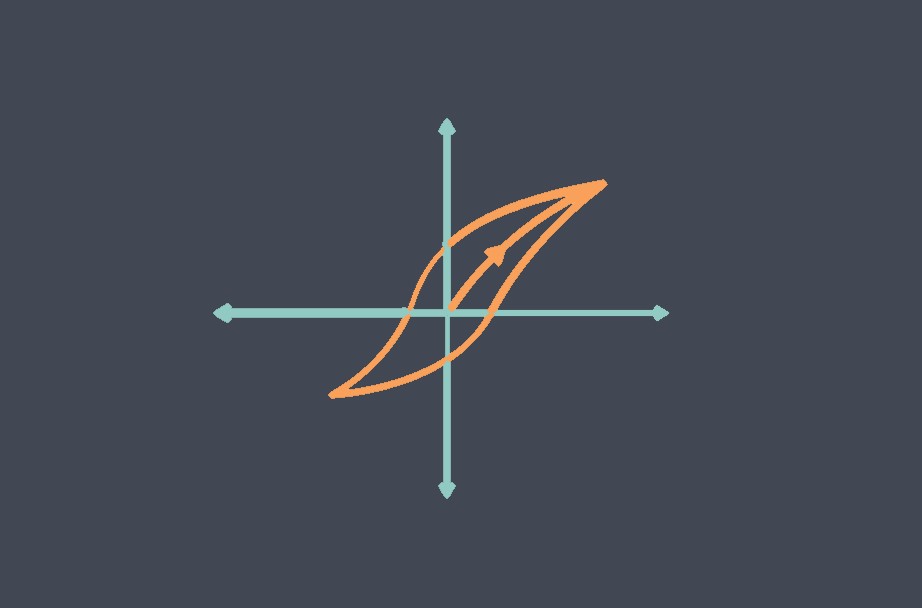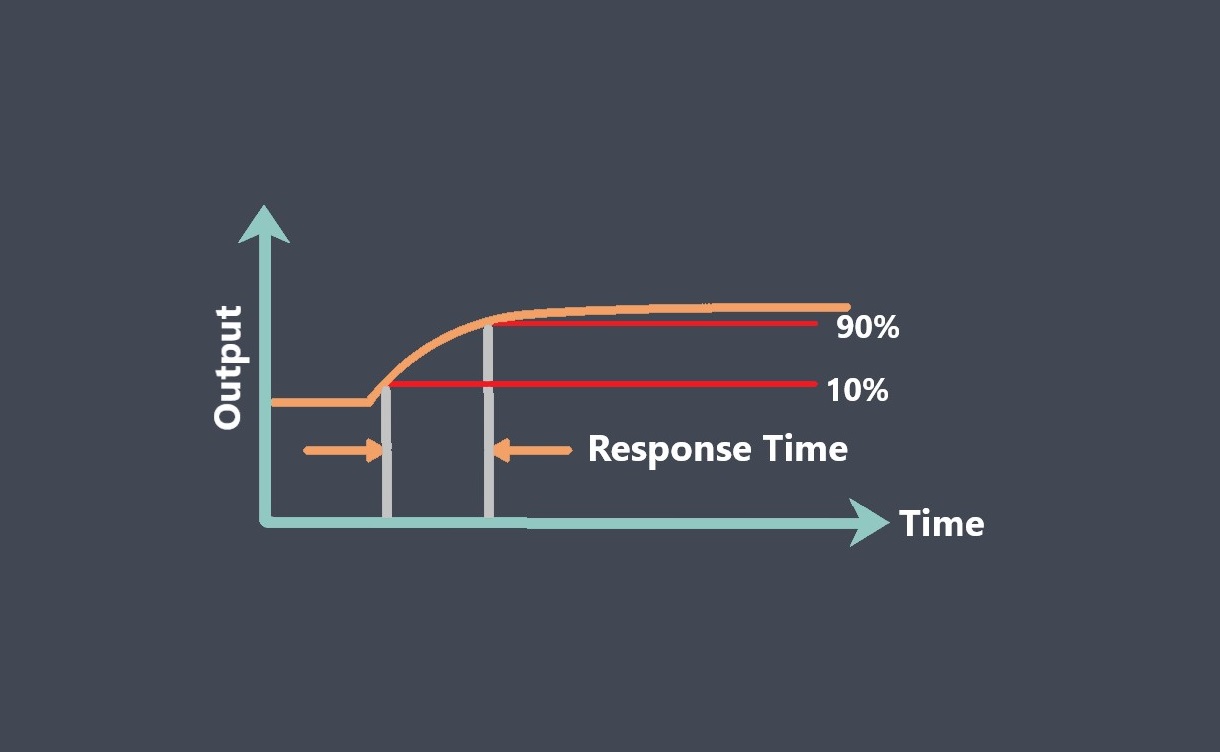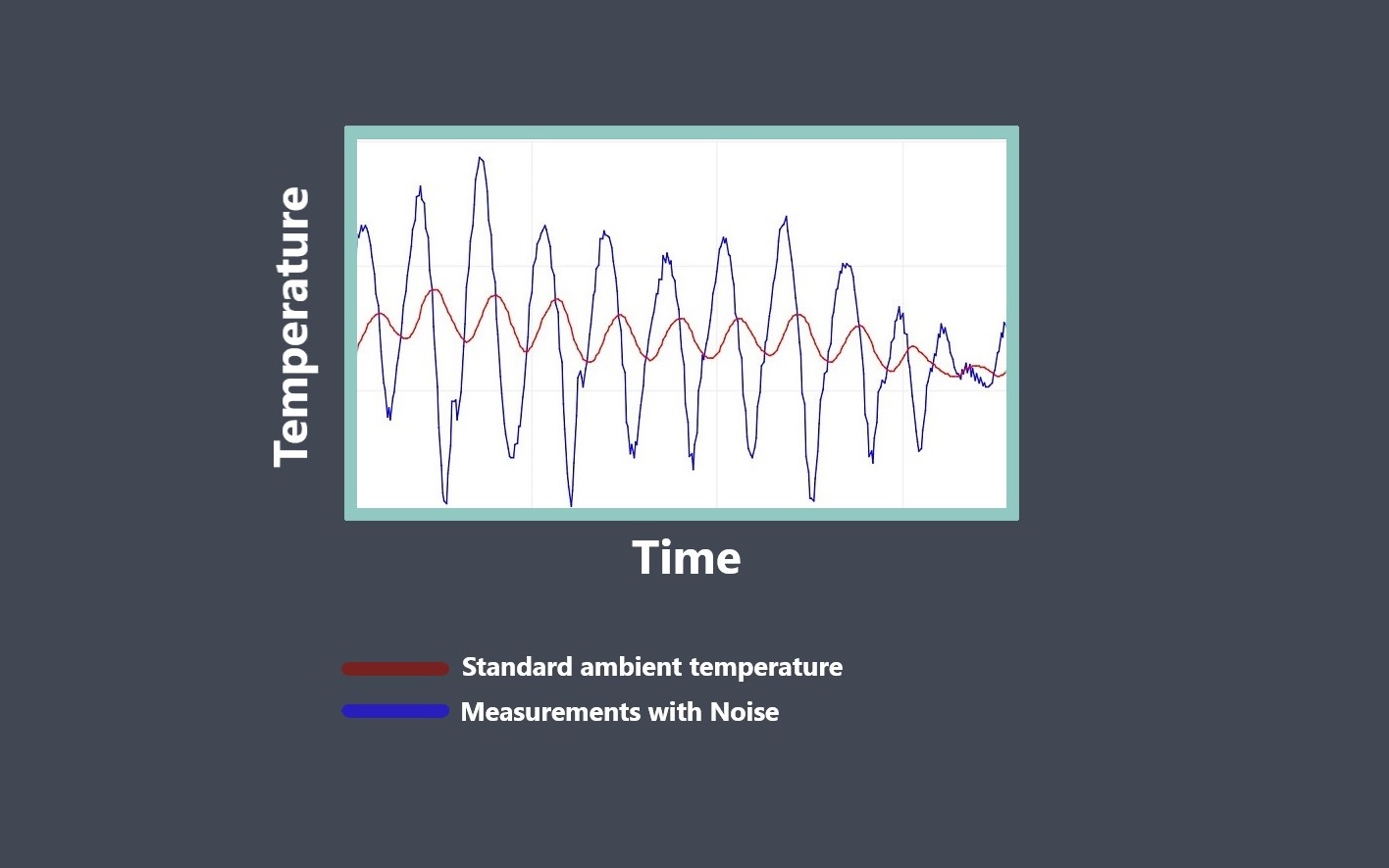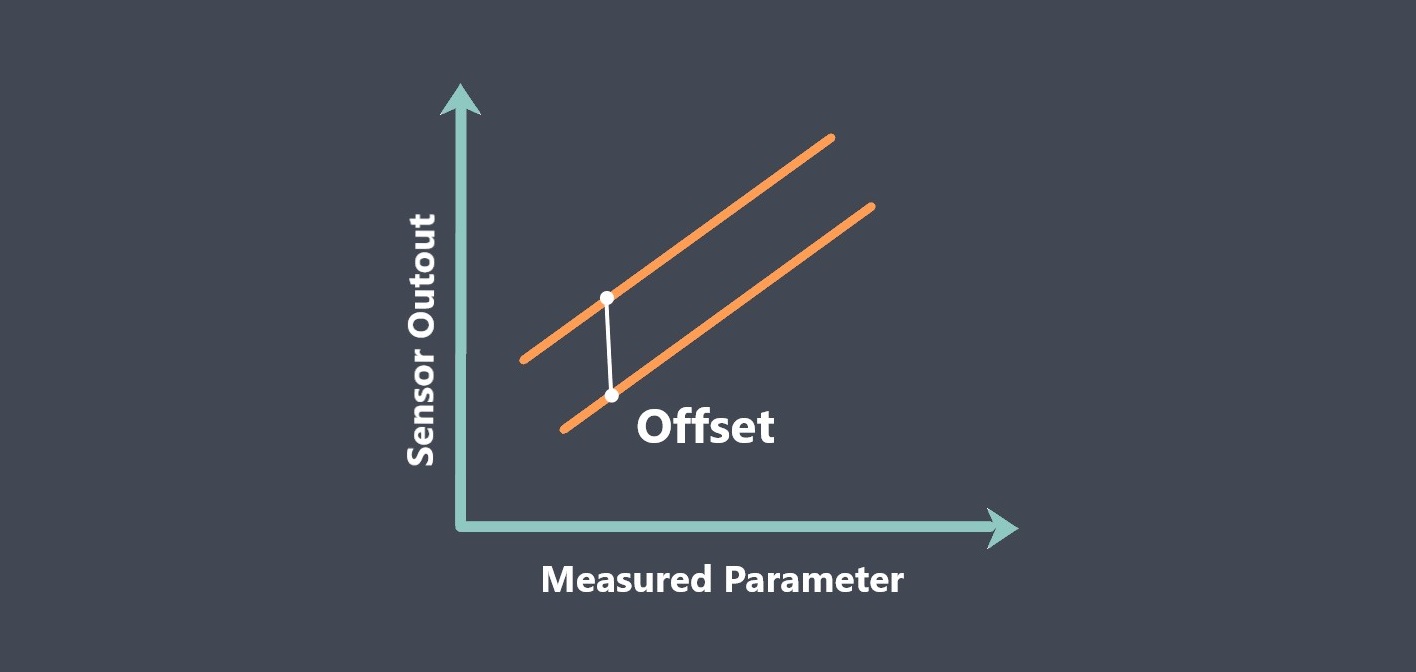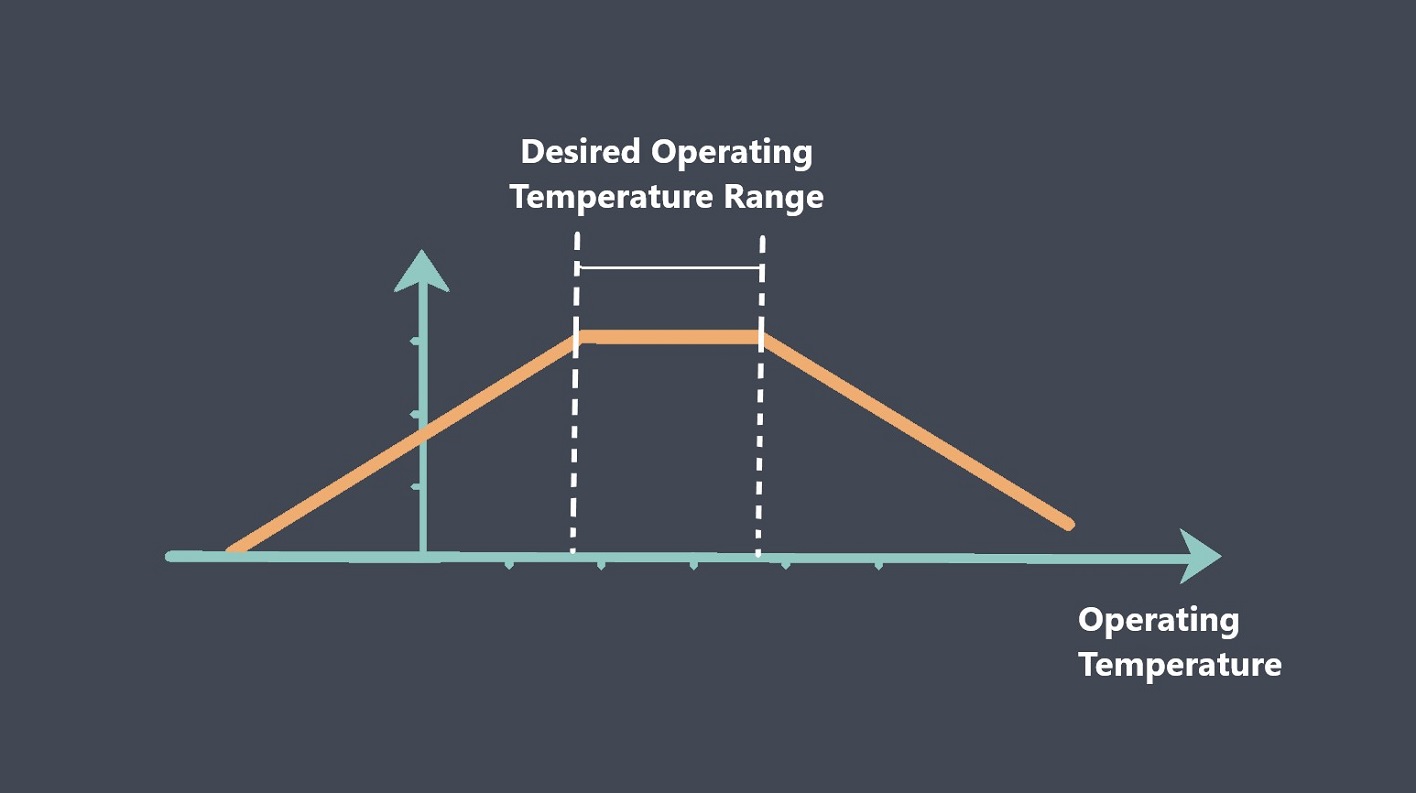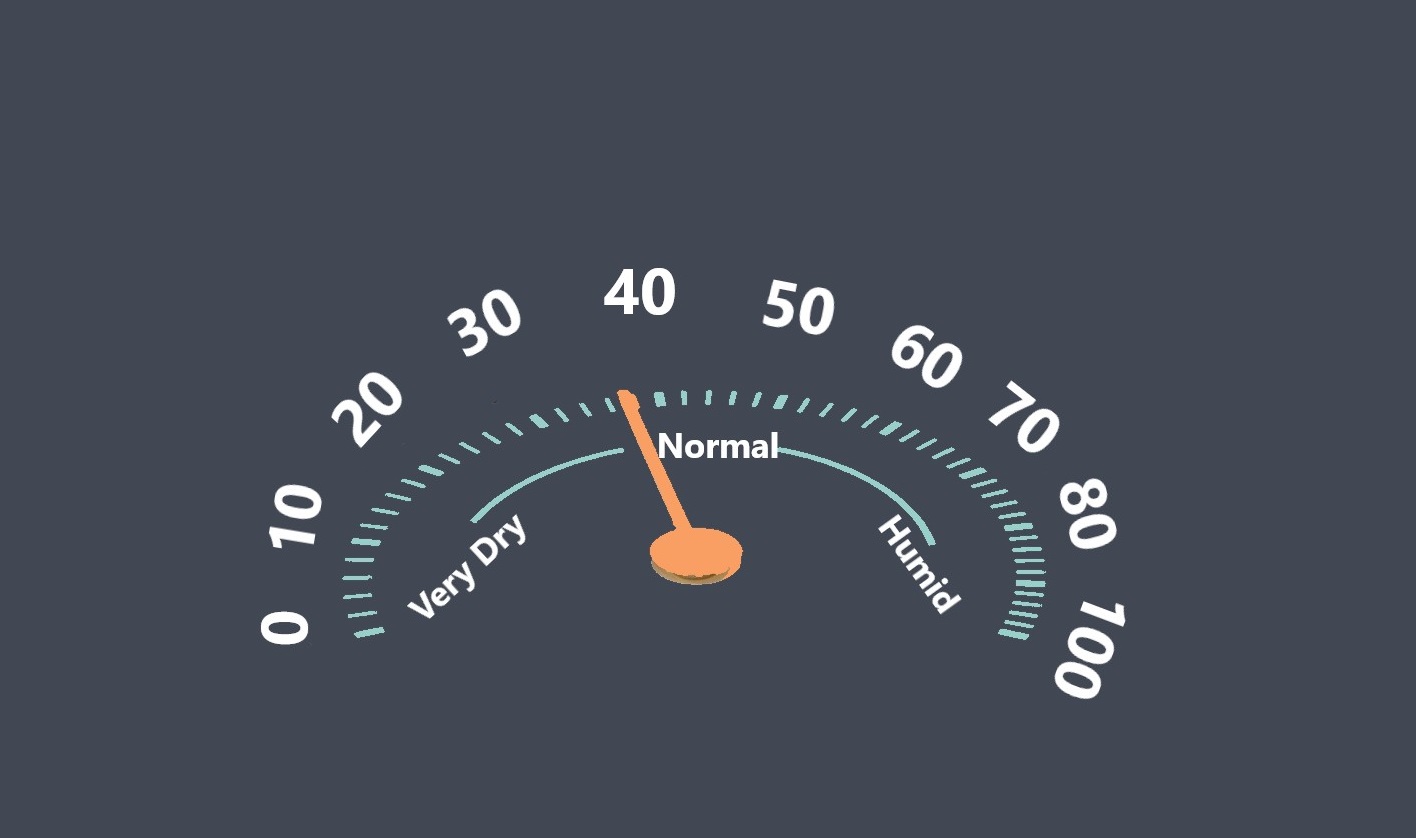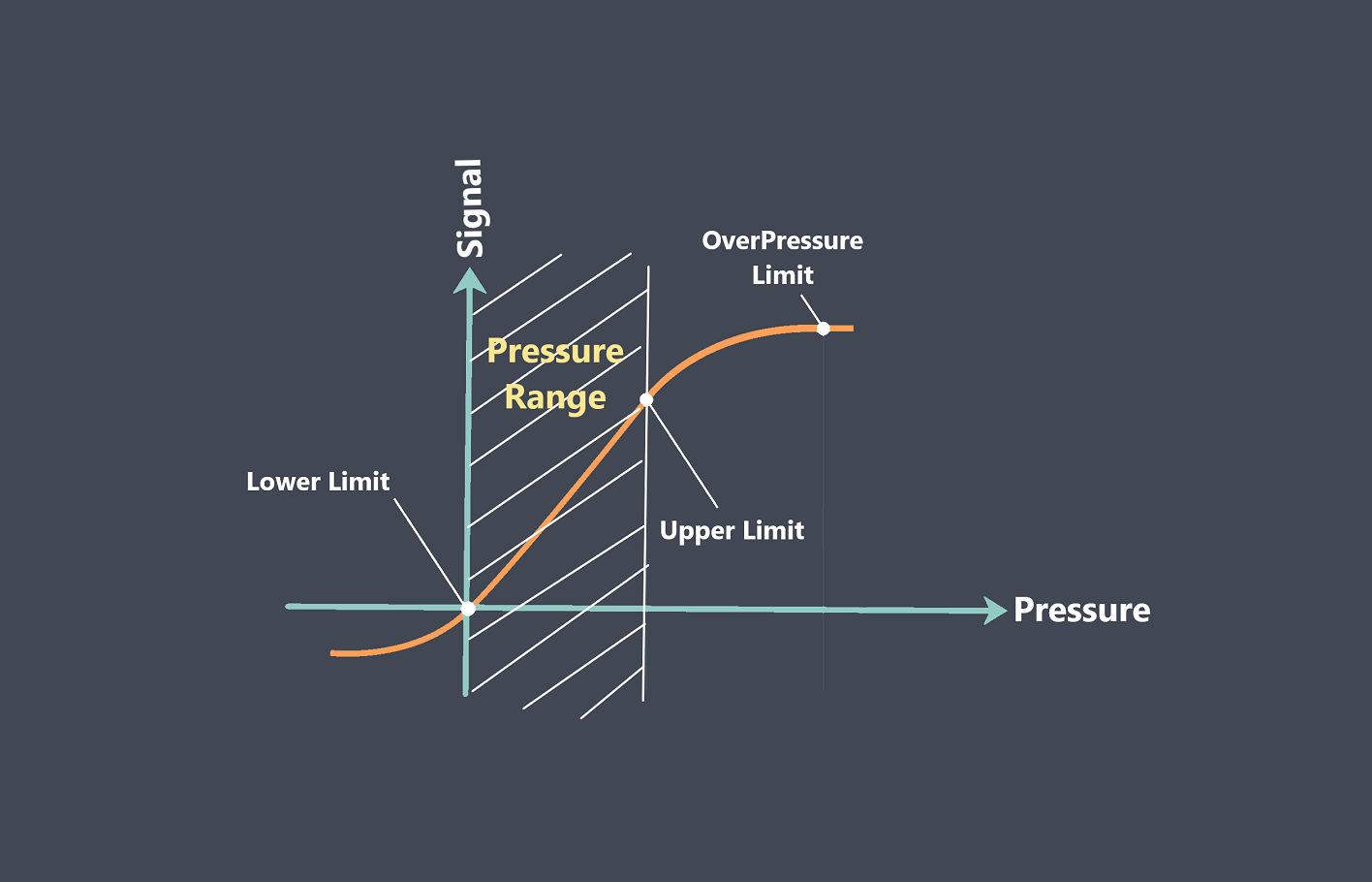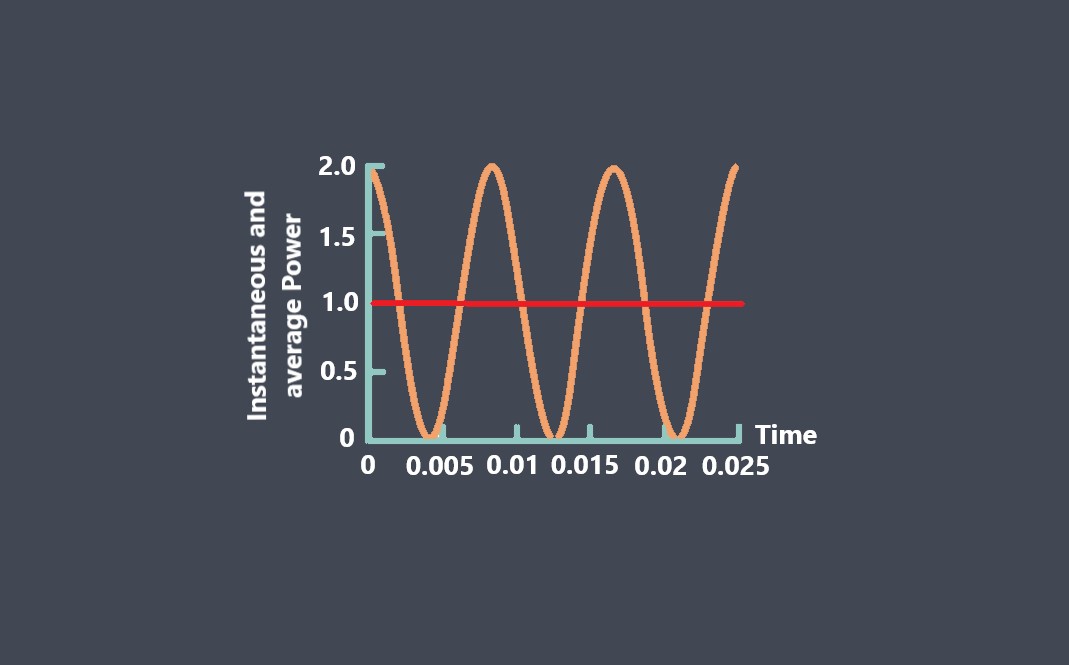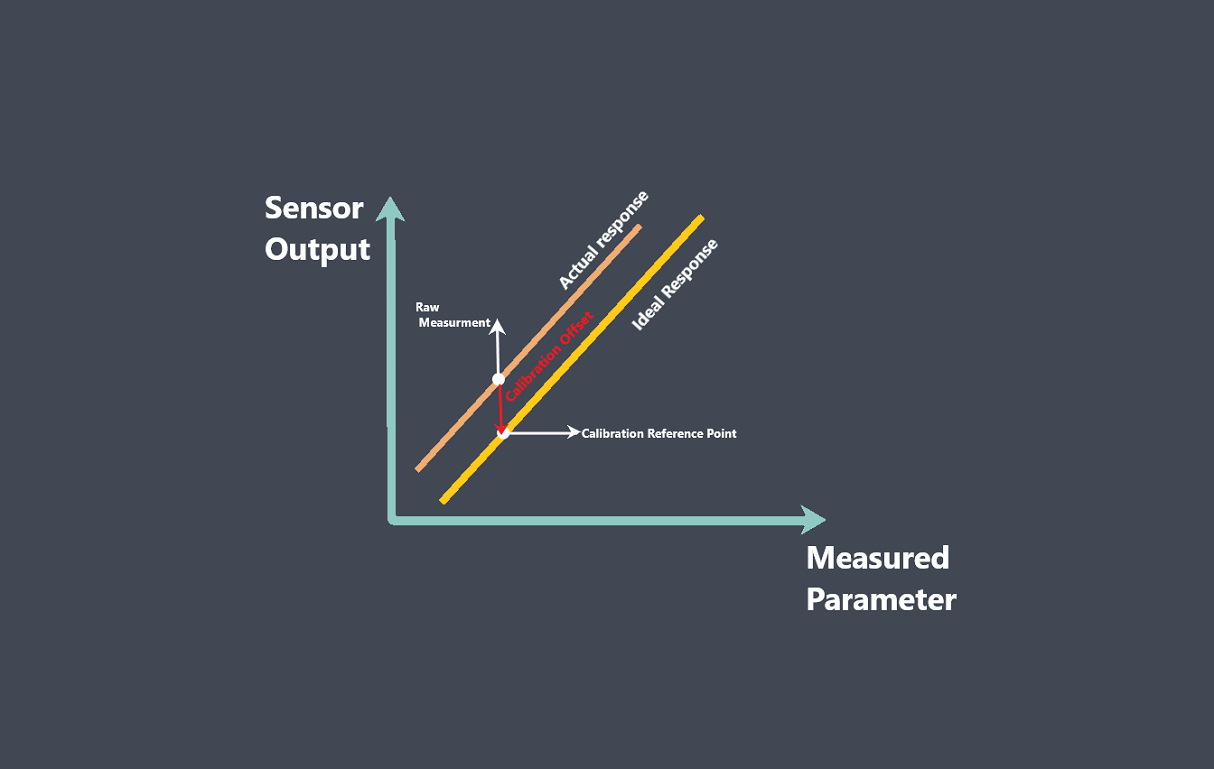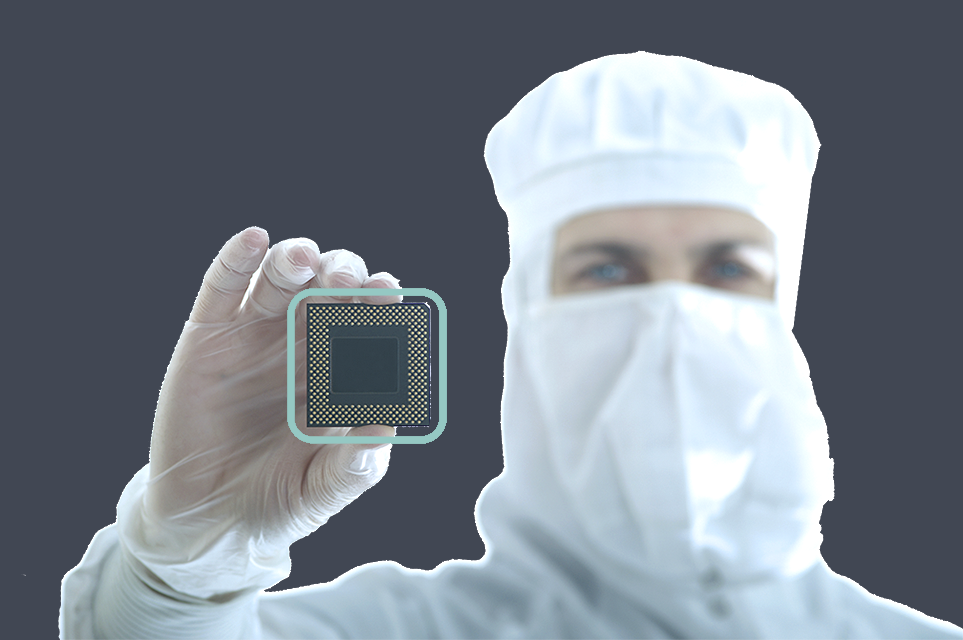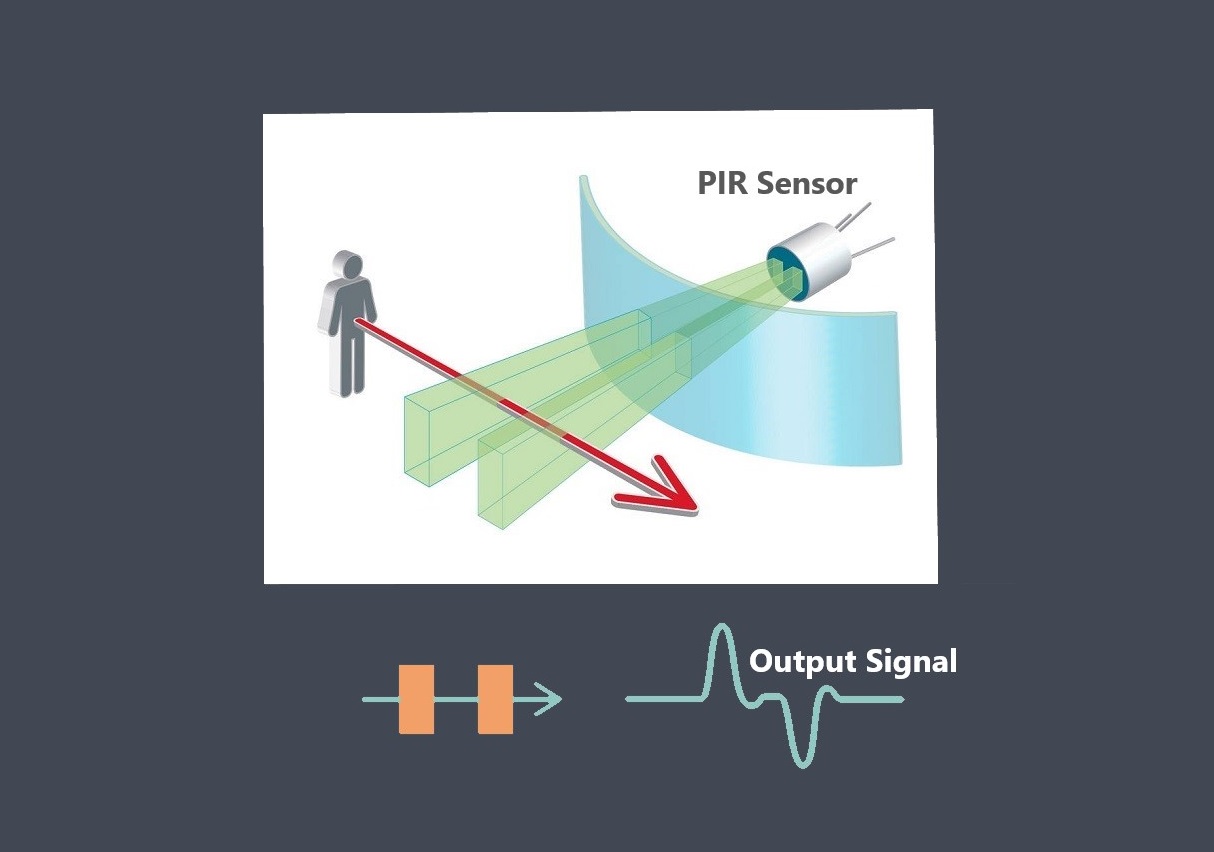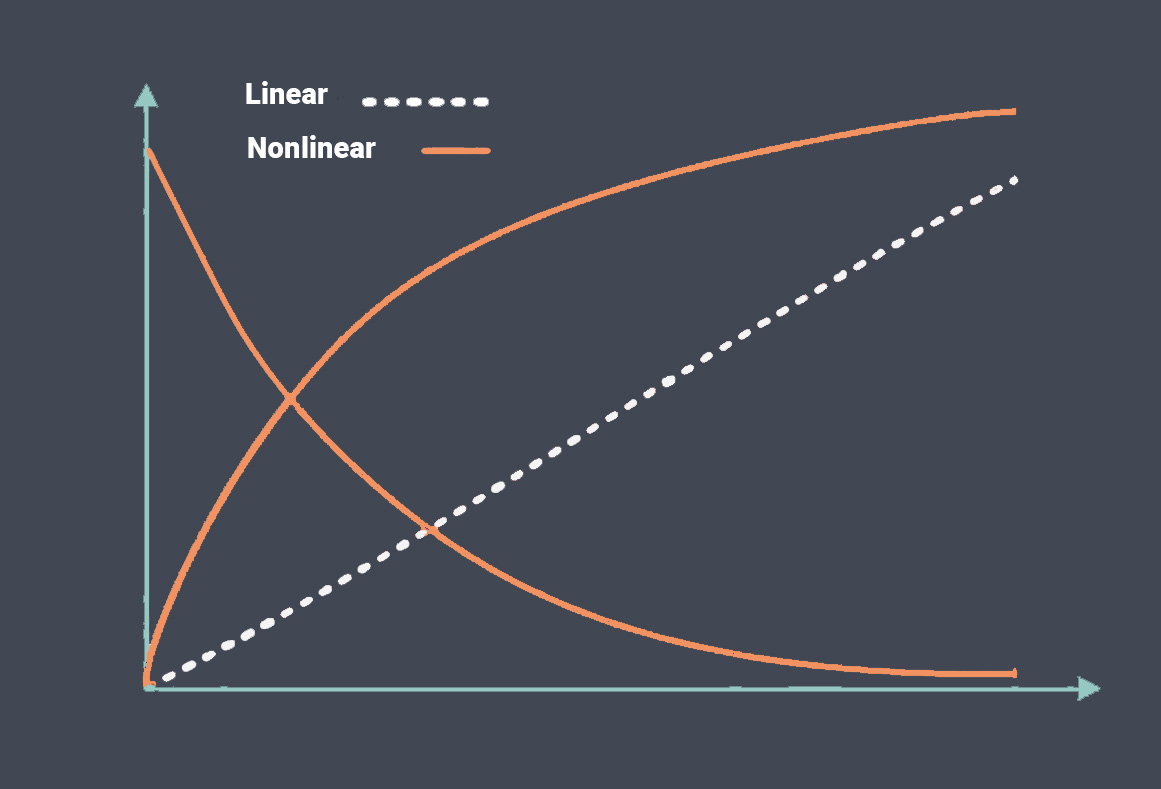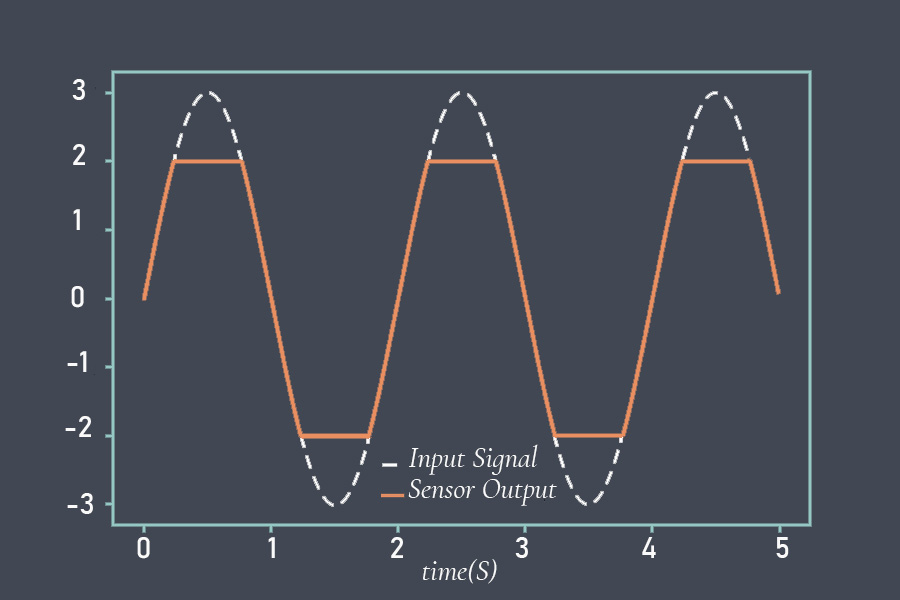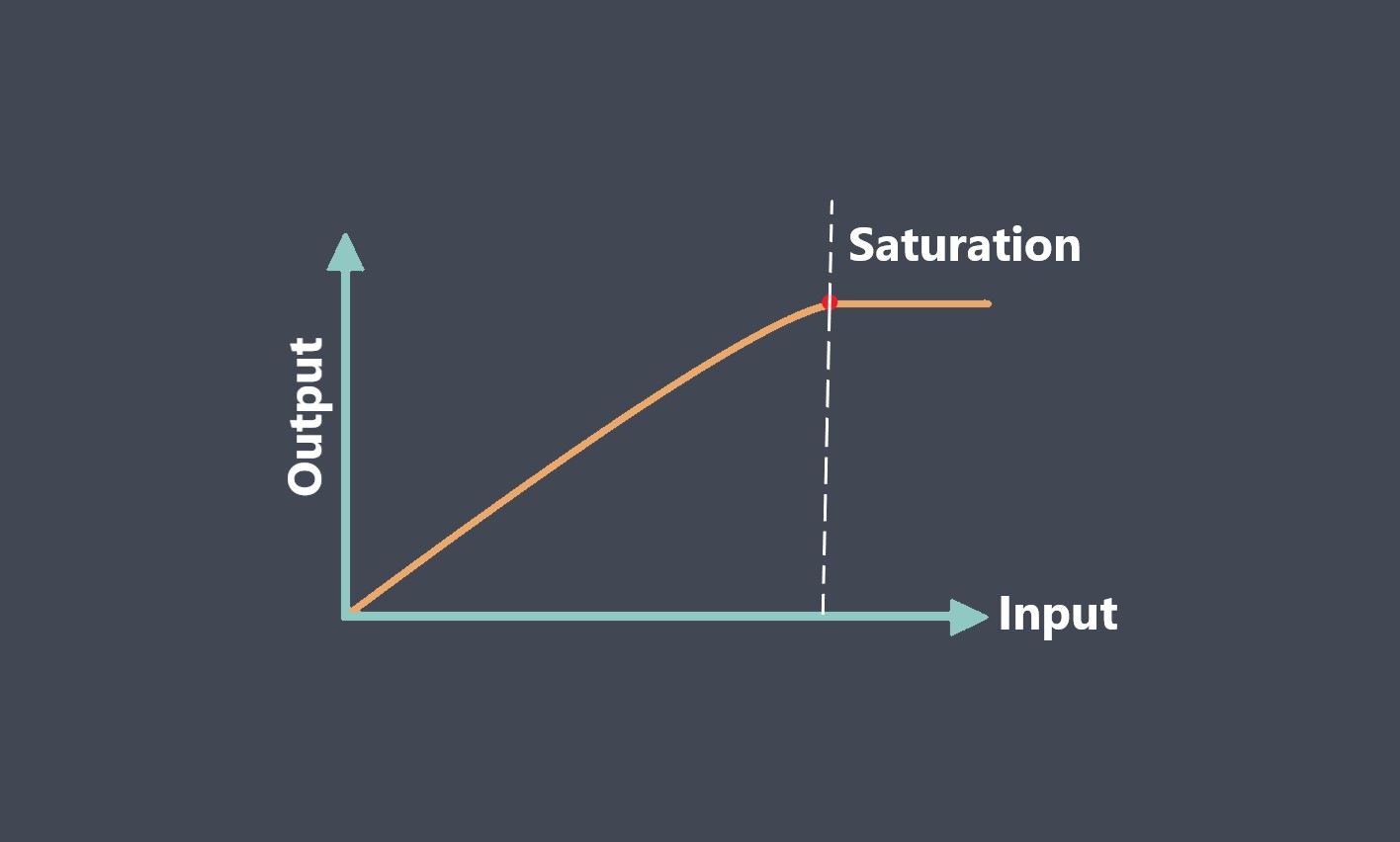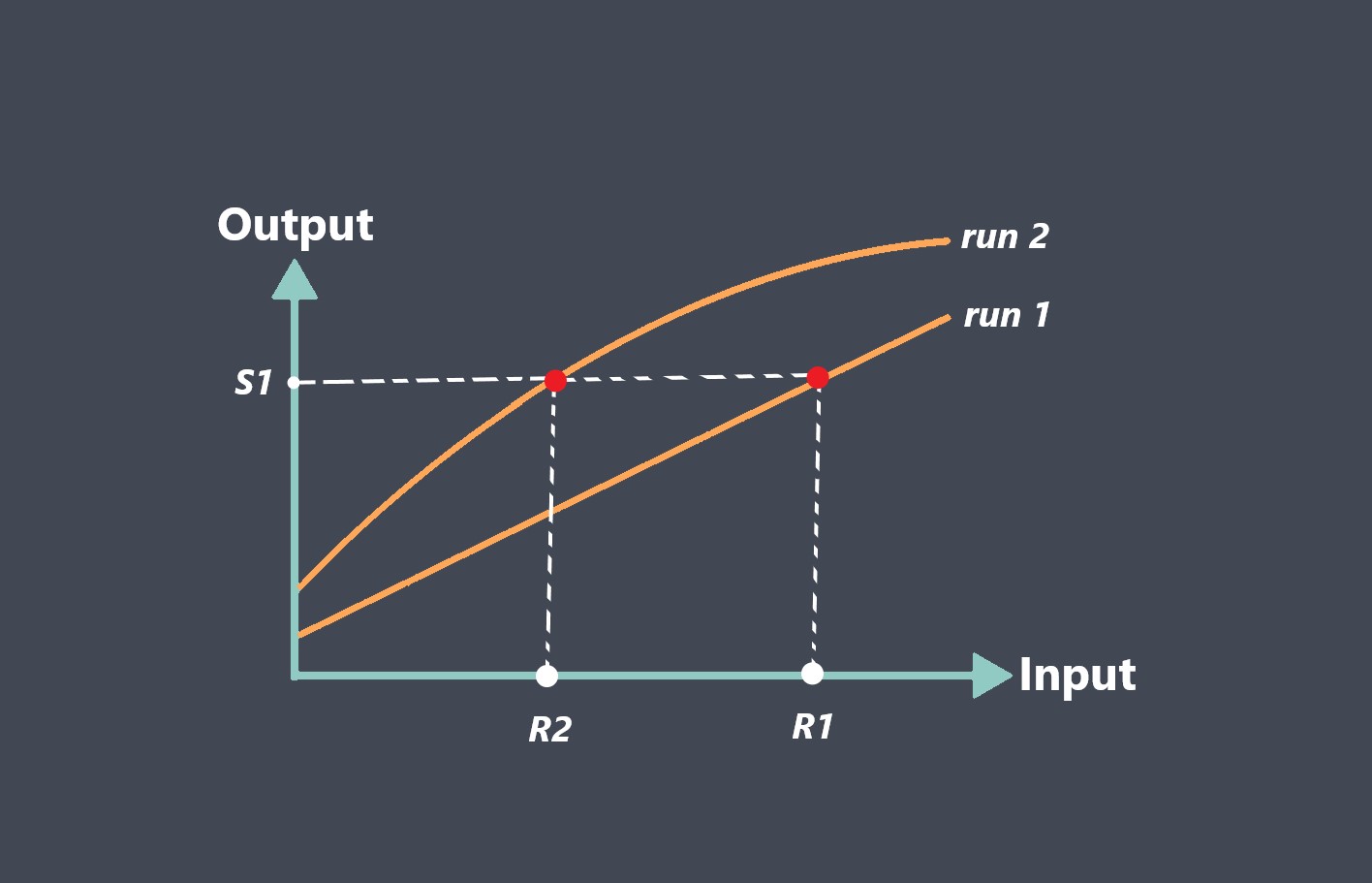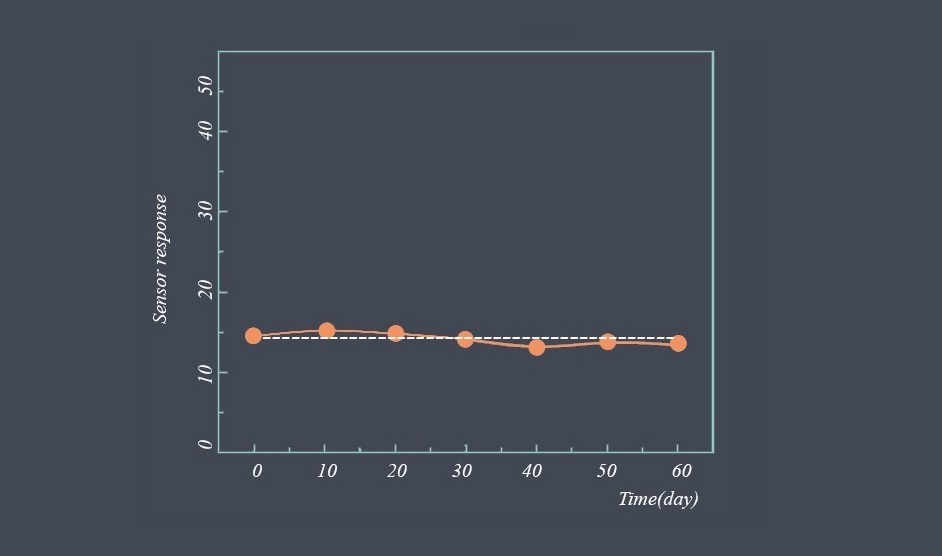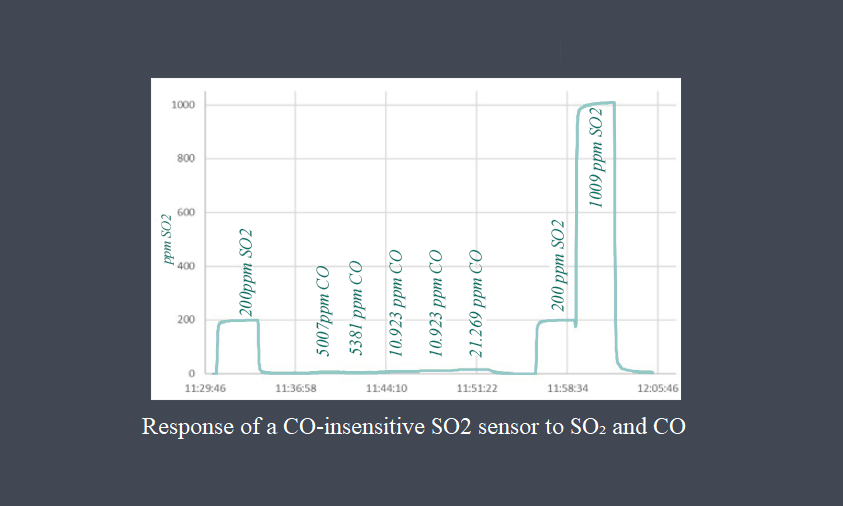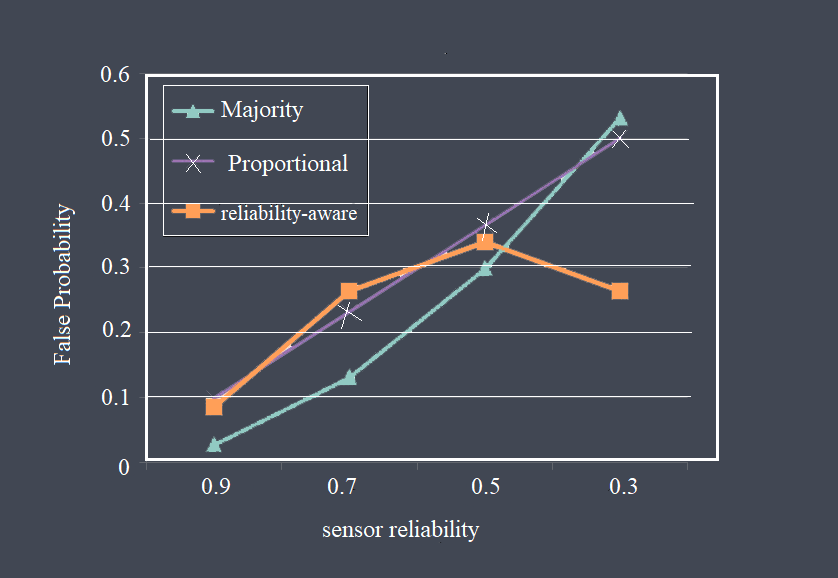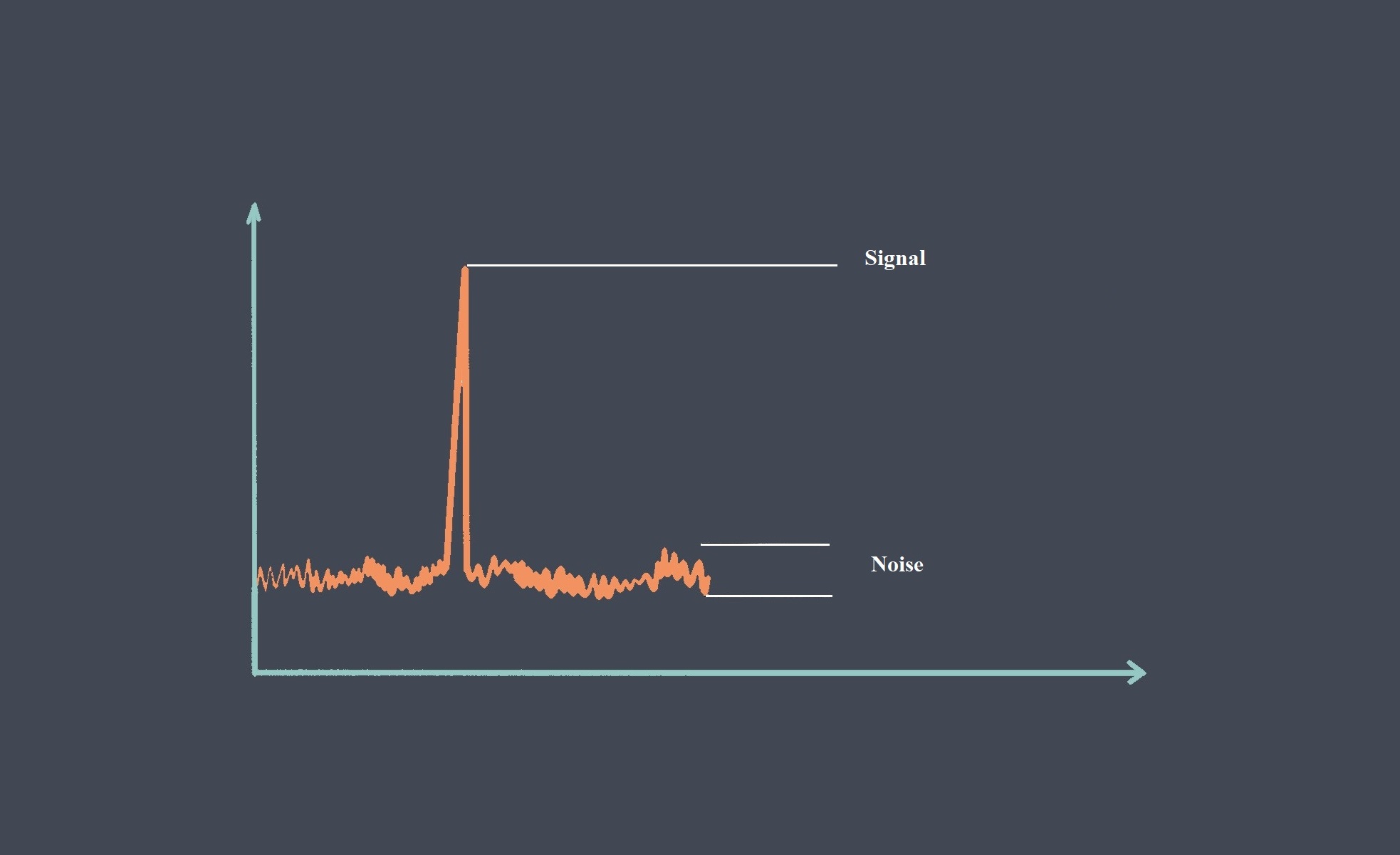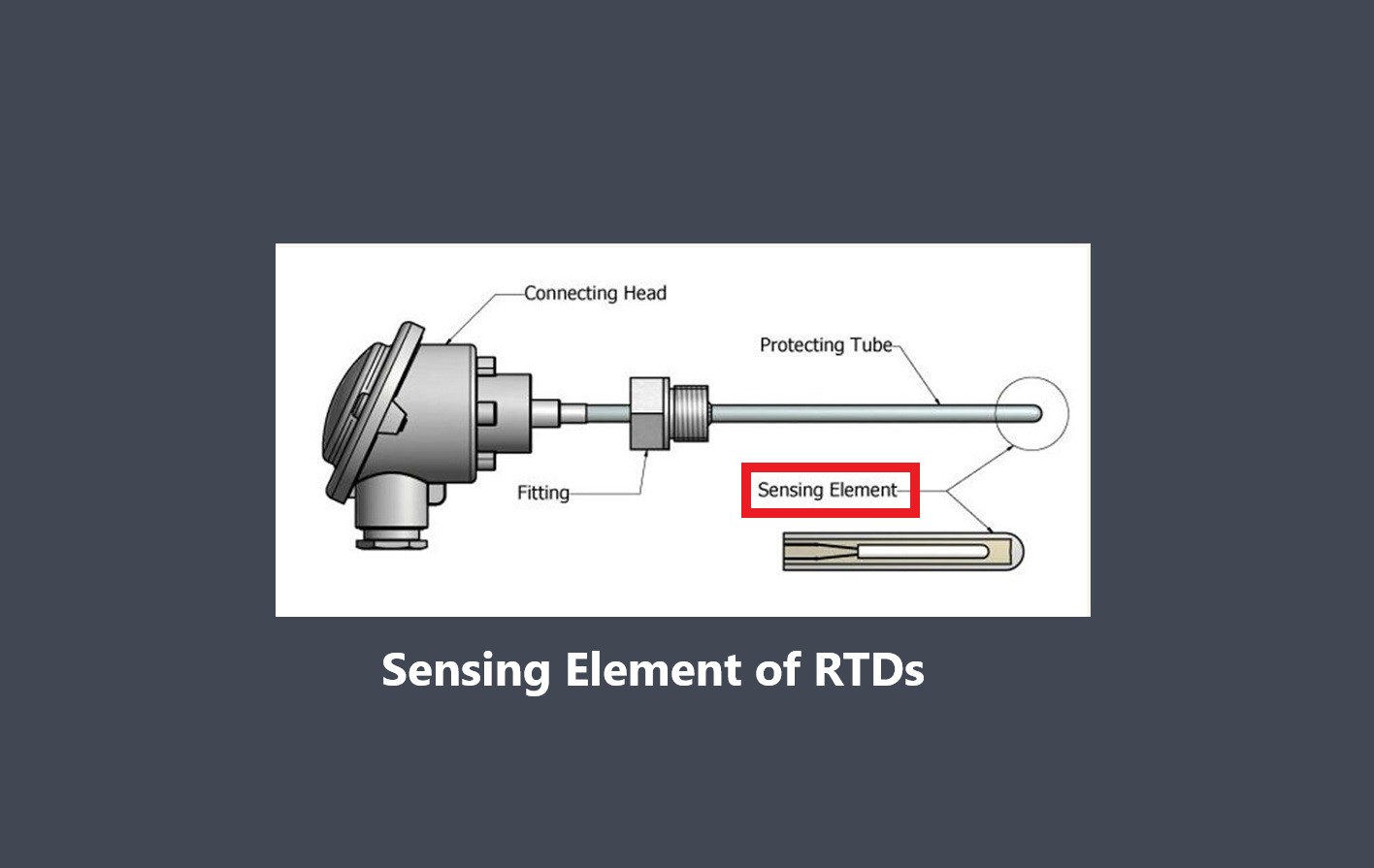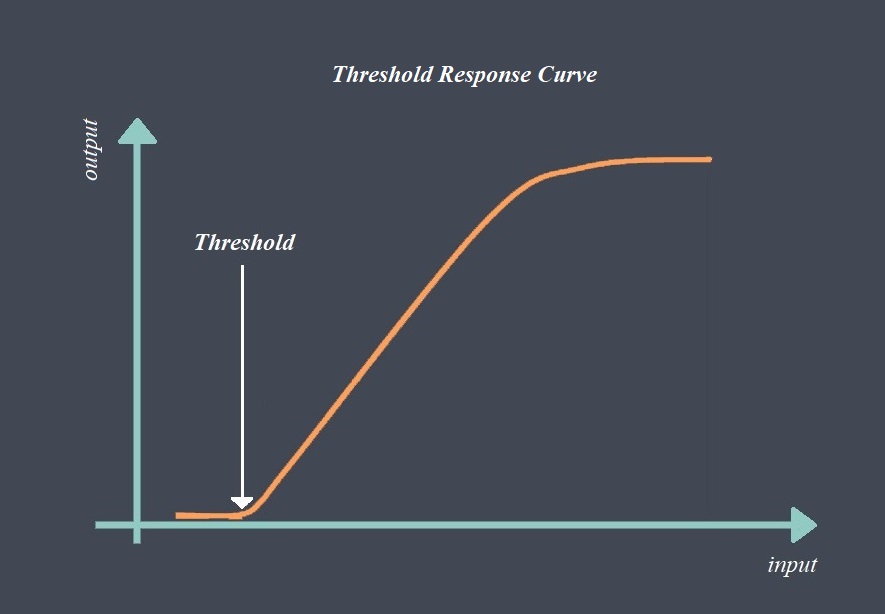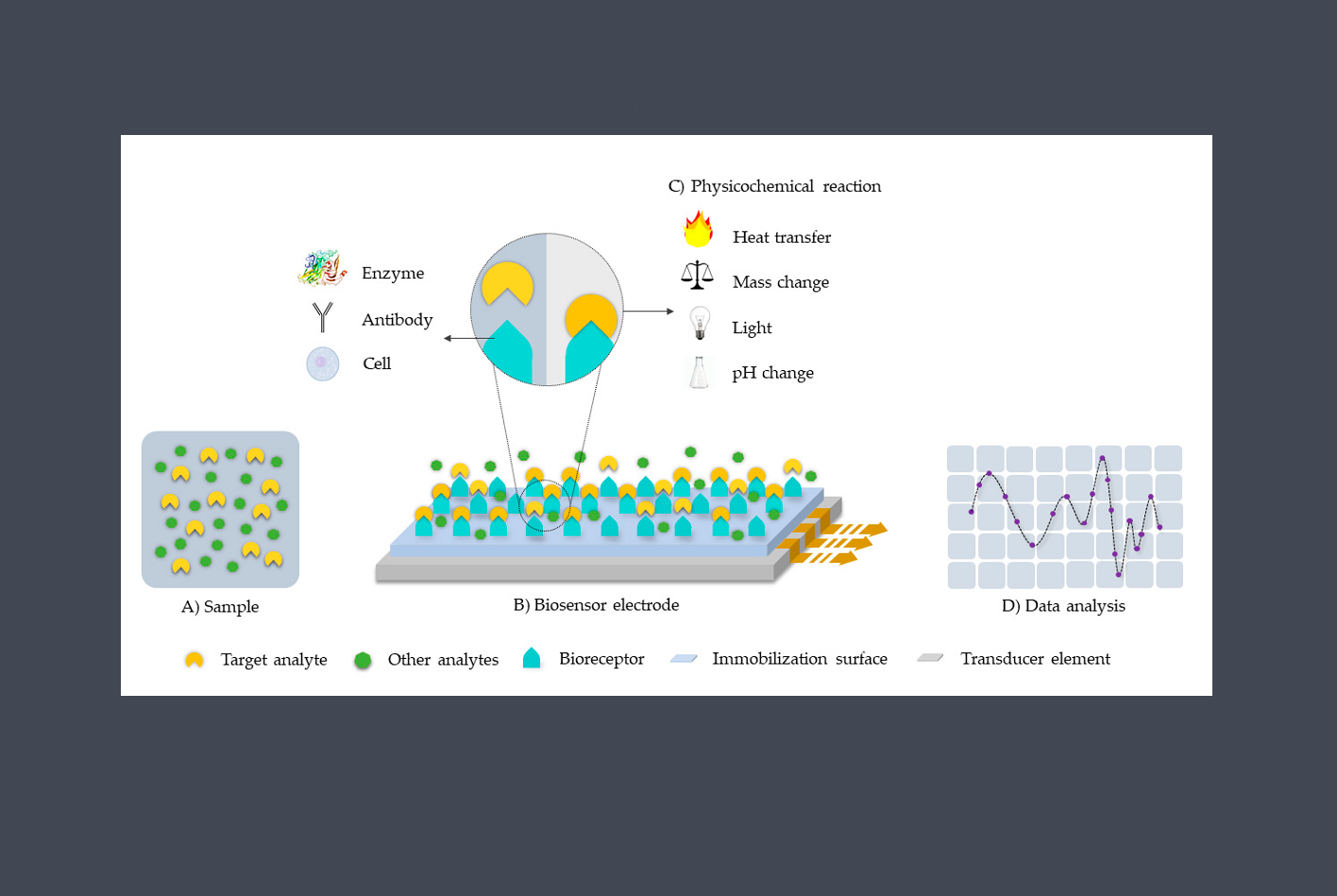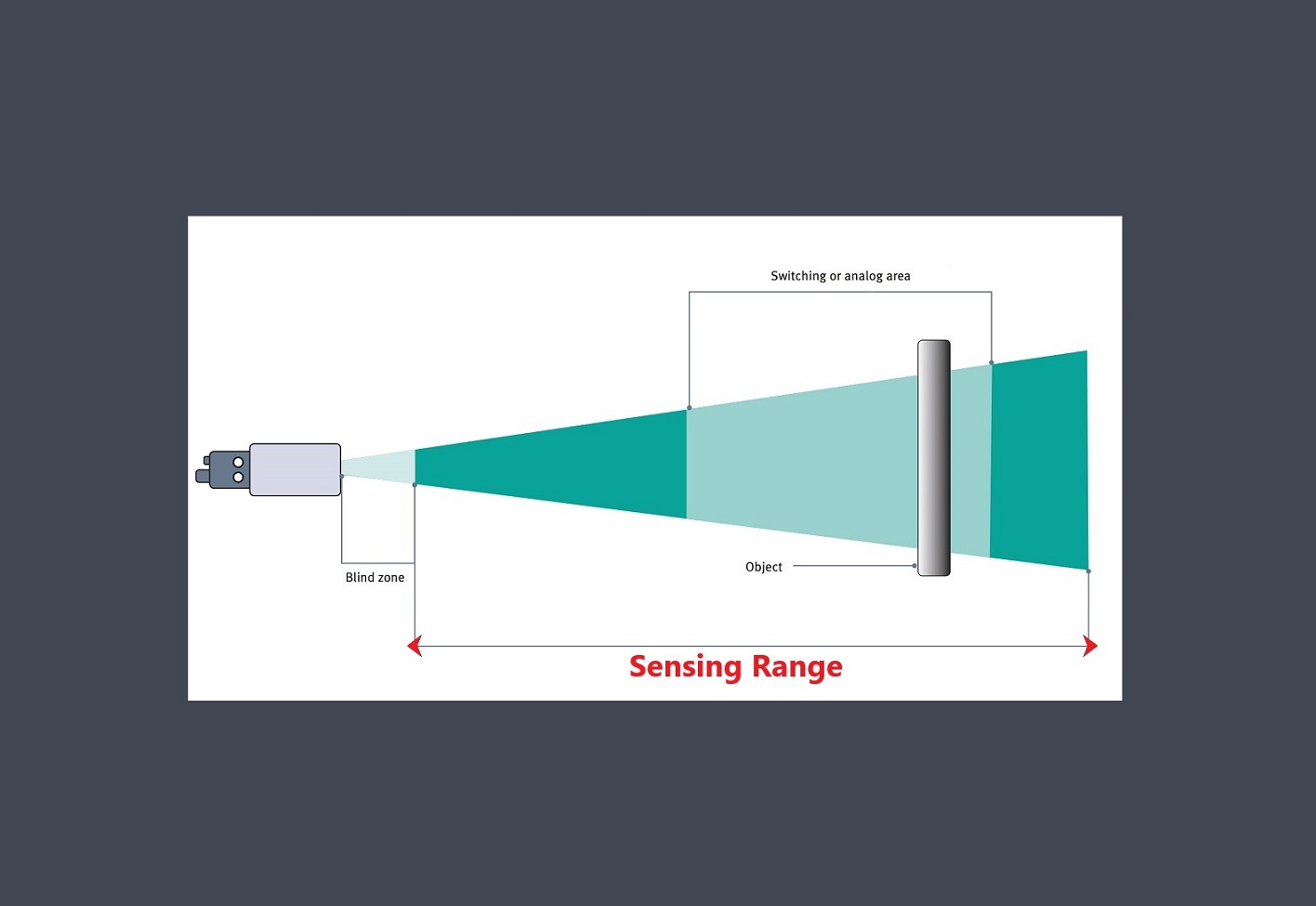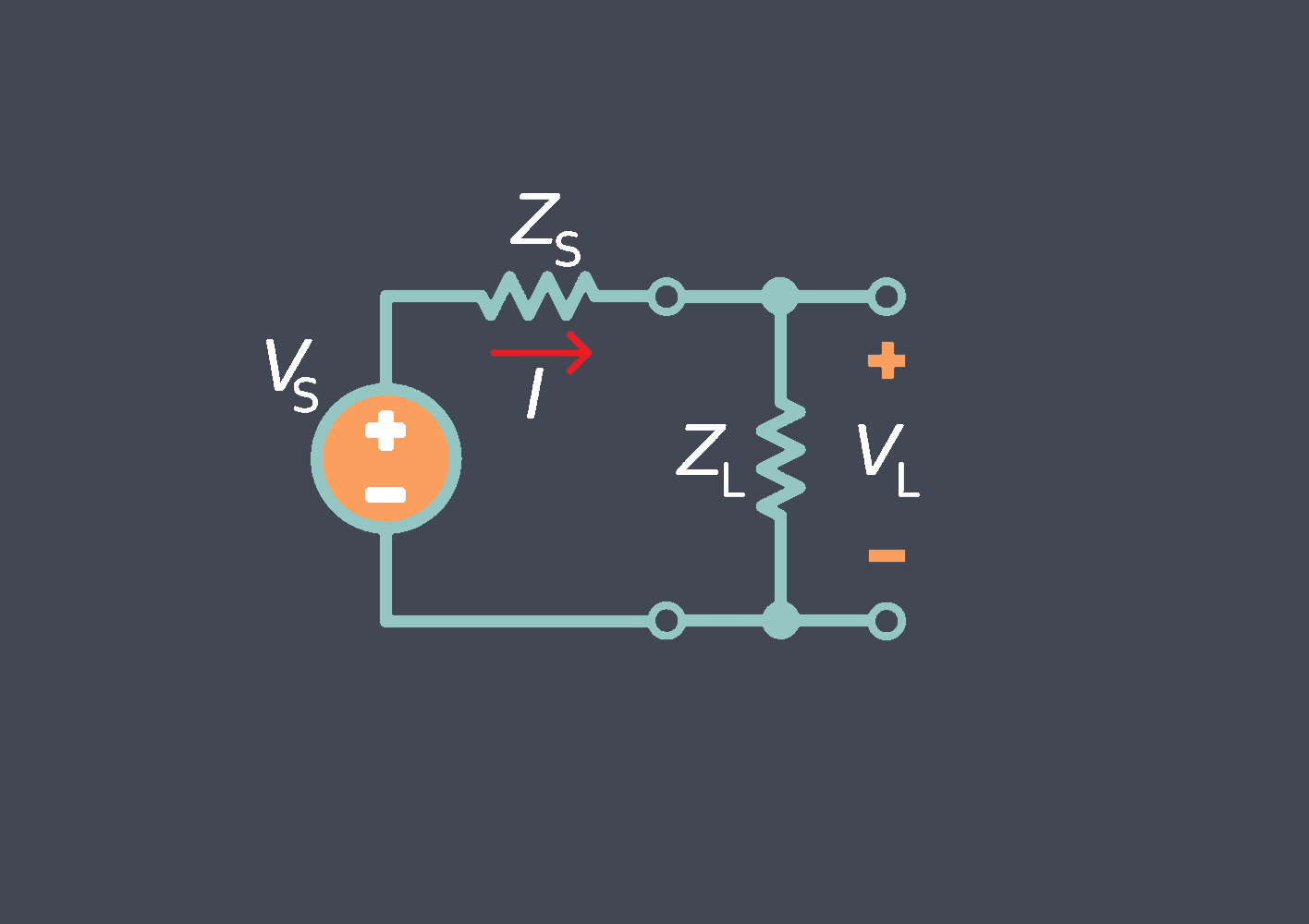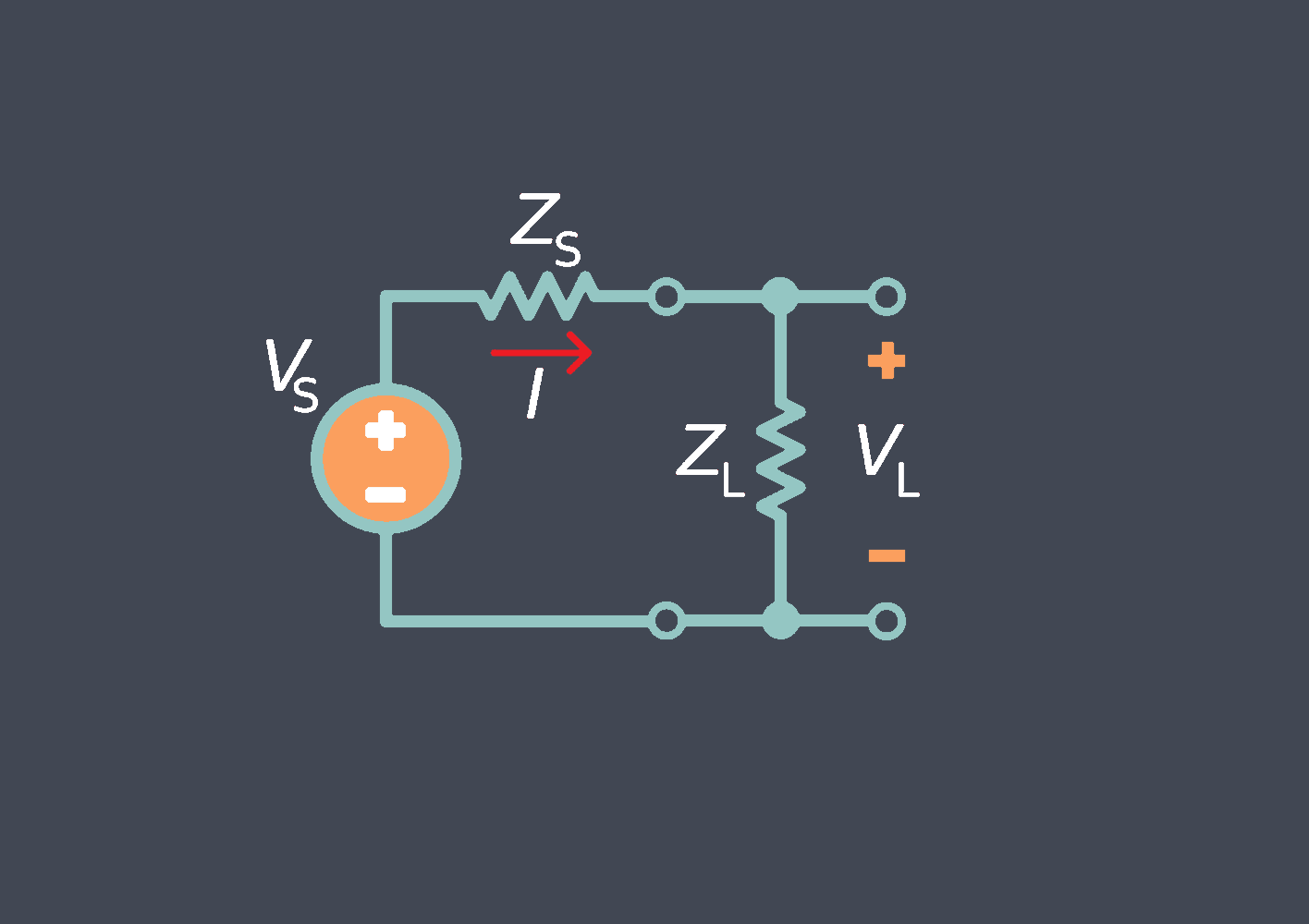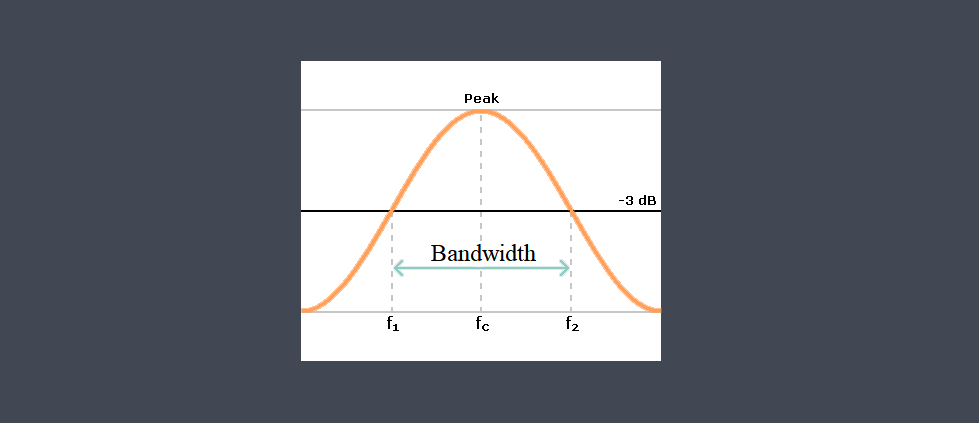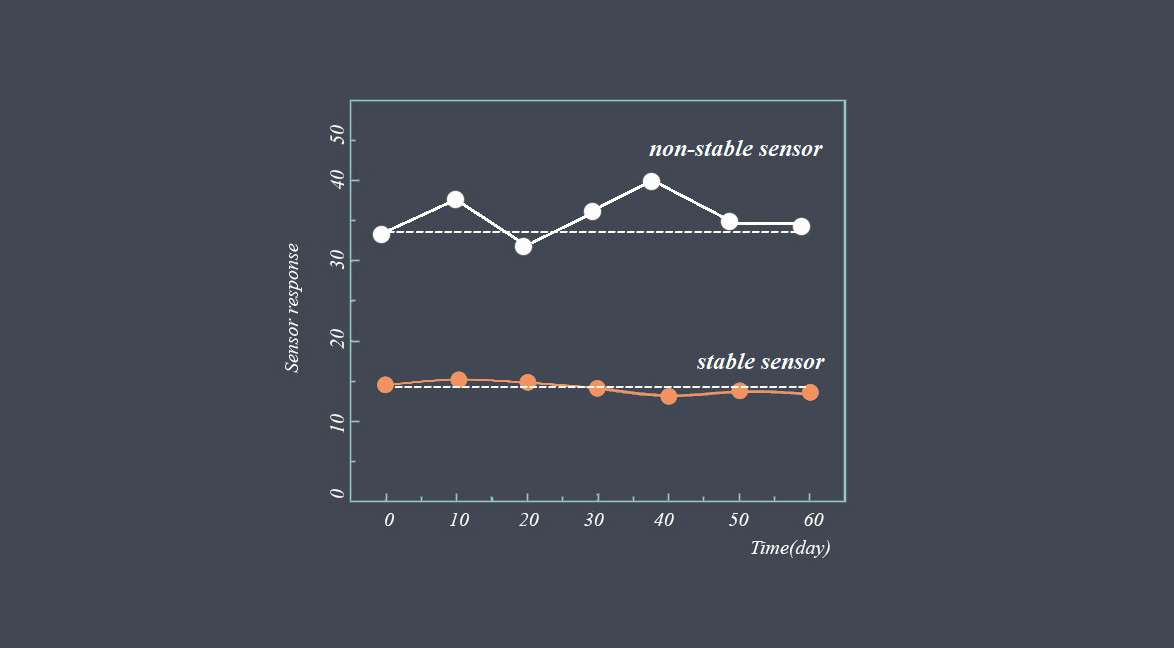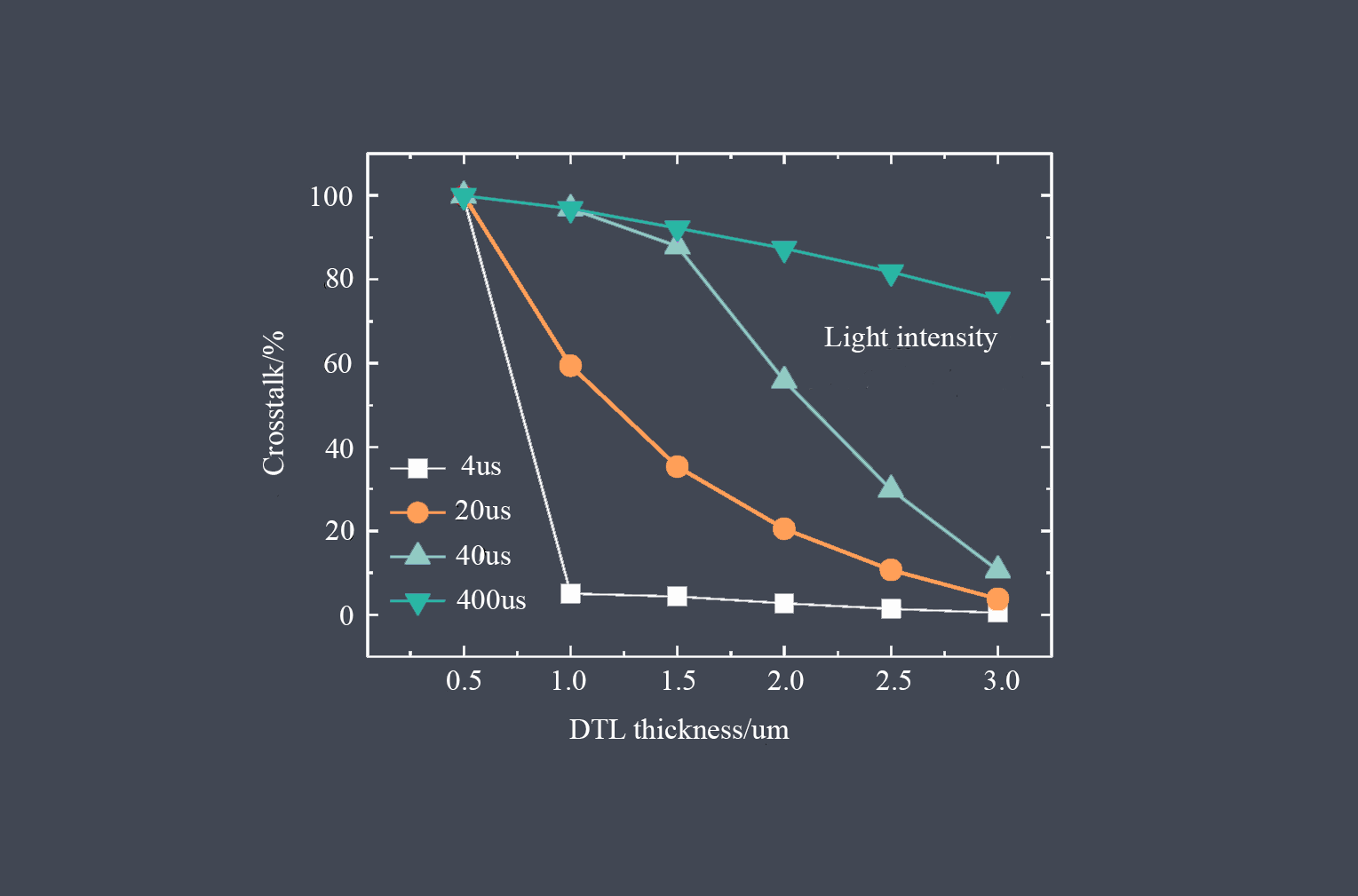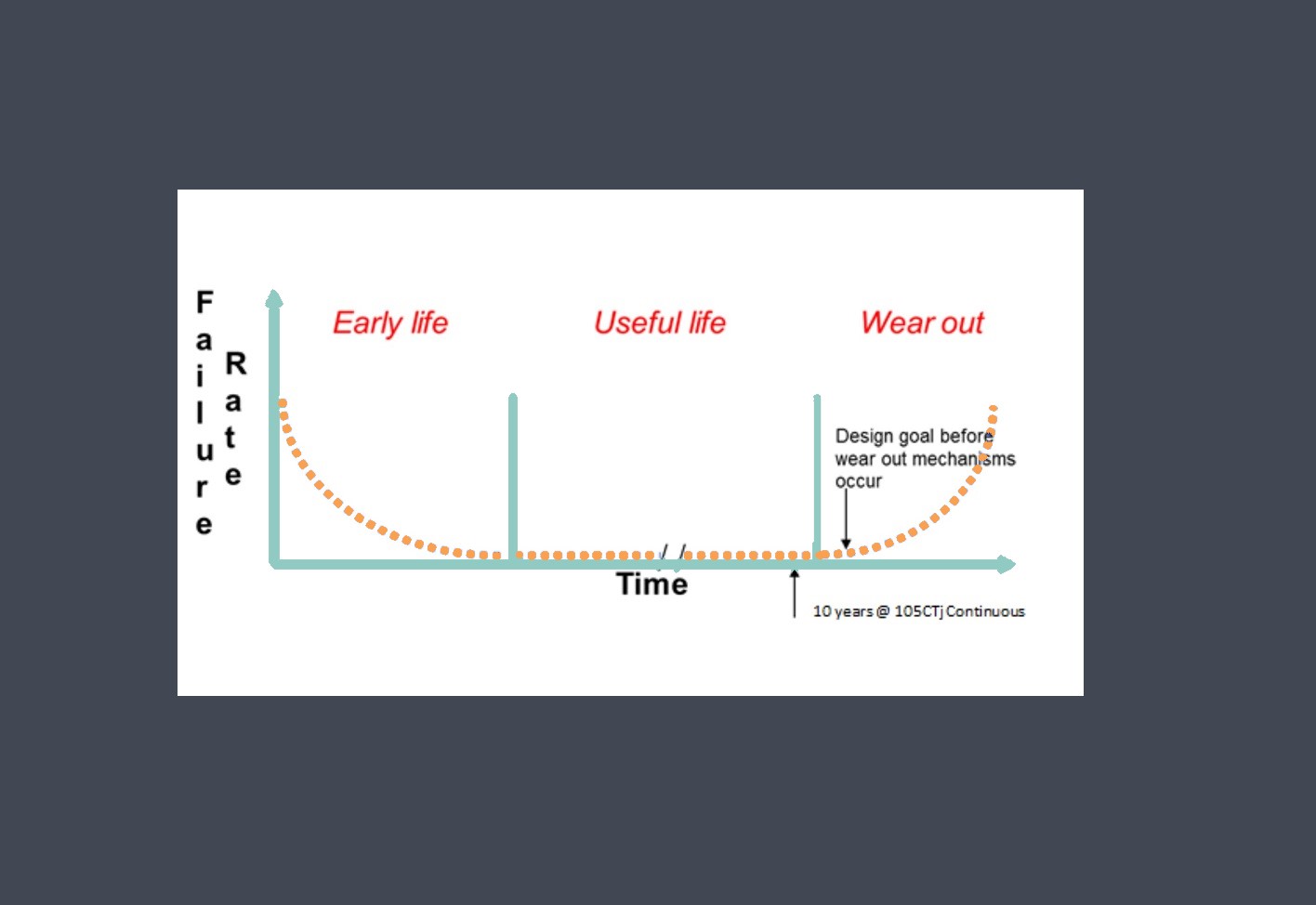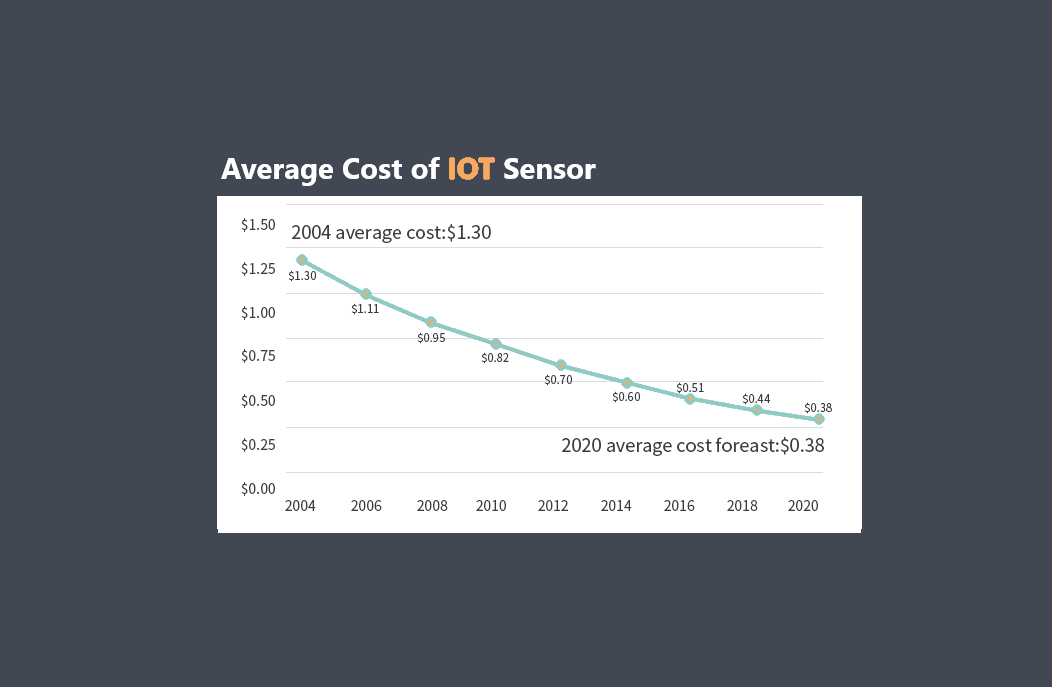
Sensor precision refers to the degree of accuracy and repeatability of a sensor’s measurements. It is a measure of how closely the sensor can detect changes or variations in the quantity being measured.
Sensor precision refers to the degree of repeatability or reproducibility of the sensor’s measurements. In other words, it is a measure of how consistently the sensor produces the same output signal for a given input signal.
Precision is often expressed in terms of the sensor’s standard deviation or variance, which represent the degree of variation in the sensor’s measurements. A sensor with high precision will have a low standard deviation or variance, indicating that its measurements are highly consistent and repeatable.
Why the precision of a sensor is important?
The precision of a sensor is important because it determines how accurately the sensor can measure the quantity it is designed to detect. A more precise sensor will provide more accurate and reliable measurements, which is crucial in many fields such as engineering, science, and medicine.
For example, imagine a temperature sensor that is used to monitor the temperature inside a chemical reaction vessel. If the sensor has poor precision, its readings may be unreliable and inaccurate, which could lead to errors in the reaction process or even dangerous situations because the reactions are highly sensitive to temperature changes.
Similarly, in medical settings, sensors such as blood glucose meters must have high precision to ensure accurate readings for patients with diabetes. In manufacturing, precision sensors are necessary to ensure product quality and consistency. Overall, the precision of a sensor is critical for ensuring the safety, accuracy, and reliability of many different systems and processes.
What factors affect the precision of the sensor?
There are several factors that can affect the precision of a sensor, including:
Accuracy of the sensor
The accuracy of a sensor determines how closely the sensor’s output matches the true value of the parameter being measured. A more accurate sensor will generally provide more precise measurements.
Resolution of the sensor
The resolution of a sensor refers to the smallest detectable change in the input signal that can be detected by the sensor. A higher resolution sensor will typically provide more precise measurements.
Stability of the sensor
The stability of a sensor refers to its ability to maintain consistent performance over time. A more stable sensor will generally provide more precise measurements.
Sensitivity of the sensor
The sensitivity of a sensor refers to how much its output changes in response to a change in the input signal. A more sensitive sensor will generally provide more precise measurements.
Environmental factors
The environment in which the sensor is used can also affect its precision. For example, temperature, humidity, and electromagnetic interference can all impact the performance of a sensor and reduce its precision.
How to understand the precision of a sensor?
The precision of a sensor can be measured by calculating its repeatability and reproducibility. Repeatability refers to the variation in measurements taken by the same sensor under identical conditions, while reproducibility refers to the variation in measurements taken by different sensors of the same type under identical conditions.
To measure repeatability, you can take multiple readings with the same sensor under the same conditions and calculate the standard deviation of the readings. A lower standard deviation indicates higher precision.
To measure reproducibility, you can compare the readings of multiple sensors of the same type under the same conditions and calculate the standard deviation of the readings. Again, a lower standard deviation indicates higher precision.
It’s important to note that other factors such as accuracy, linearity, and stability also play a role in determining the overall performance of a sensor.
Accuracy versus Precision of a Sensor
To illustrate the difference between accuracy and precision, imagine throwing darts at a target. Accuracy would correspond to hitting the bullseye consistently, regardless of whether it is located in the center of the target or not. Precision, on the other hand, would correspond to repeatedly hitting the same spot on the target, even if it is far from the bullseye.

In summary, accuracy relates to the agreement between measured and true values, while precision relates to the consistency and reproducibility of the measurements. A sensor can be accurate but not precise (consistent but offset from the true value), precise but not accurate (consistently off-target), both accurate and precise (close to the true value with little variation), or neither accurate nor precise (inconsistent and far from the true value).
